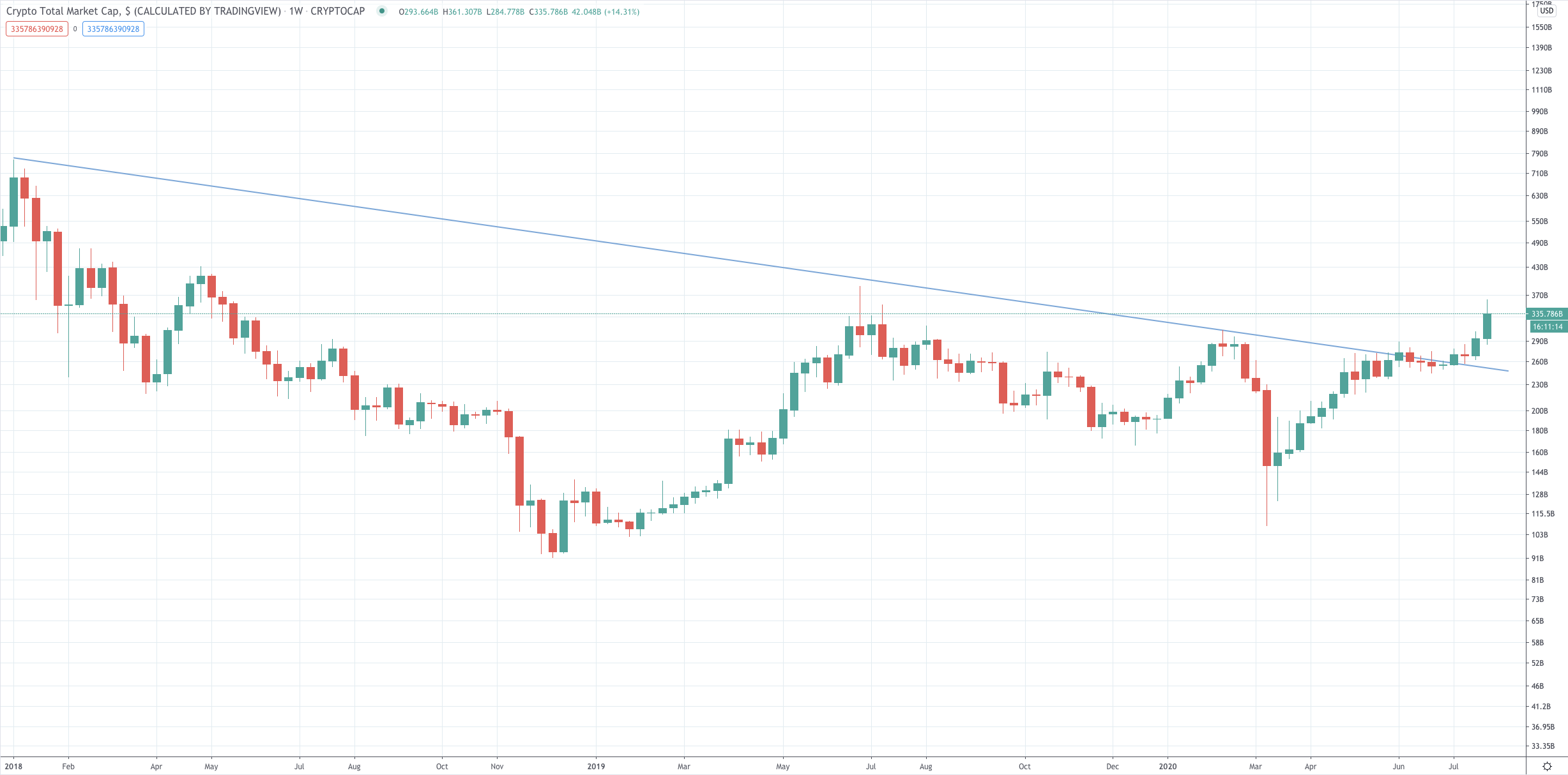trade cryptocurrency
Trade cryptocurrency
If Trump’s deregulation of cryptocurrency leads to increased speculation by investors, it could make the crypto market even more susceptible to bubbles and crashes. Global markets could have a rough ride ahead of them.< https://techinapk.com/zombie-gunship-survival-mod-apk-v1-6-57-unlimited-ammo/ /p>
It can be hard to make sense of the price of bitcoin, which has swung wildly throughout its history. But in the aftermath of Donald Trump’s presidential victory in the United States, it’s reached unprecedented highs.
In 2019, bitcoin’s price surged as US–China trade tensions escalated. It also spiked briefly in early 2020 when Iran struck two US military bases in retaliation for the killing of Iranian General Qassem Soleimani.
Cryptocurrency market cap
After the early innovation of bitcoin in 2008 and the early network effect gained by bitcoin, tokens, cryptocurrencies, and other digital assets that were not bitcoin became collectively known during the 2010s as alternative cryptocurrencies, or, “altcoins”. Sometimes the term “alt coins” was used, or disparagingly, “shitcoins”. Paul Vigna of The Wall Street Journal described altcoins in 2020 as “alternative versions of Bitcoin” given its role as the model protocol for cryptocurrency designers. A Polytechnic University of Catalonia thesis in 2021 used a broader description, including not only alternative versions of bitcoin but every cryptocurrency other than bitcoin. “As of early 2020, there were more than 5,000 cryptocurrencies. Altcoin is the combination of two words “alt” and “coin” and includes all alternatives to bitcoin.” : 14
Physical cryptocurrency coins have been made as promotional items and some have become collectibles. Some of these have a private key embedded in them to access crypto worth a few dollars. There have also been attempts to issue bitcoin “bank notes”.
There are also centralized databases, outside of blockchains, that store crypto market data. Compared to the blockchain, databases perform fast as there is no verification process. Four of the most popular cryptocurrency market databases are CoinMarketCap, CoinGecko, BraveNewCoin, and Cryptocompare.
Cryptocurrency is produced by an entire cryptocurrency system collectively, at a rate that is defined when the system is created and that is publicly stated. In centralized banking and economic systems such as the US Federal Reserve System, corporate boards or governments control the supply of currency. In the case of cryptocurrency, companies or governments cannot produce new units and have not so far provided backing for other firms, banks, or corporate entities that hold asset value measured in it. The underlying technical system upon which cryptocurrencies are based was created by Satoshi Nakamoto.
Node owners are either volunteers, those hosted by the organization or body responsible for developing the cryptocurrency blockchain network technology, or those who are enticed to host a node to receive rewards from hosting the node network.
The total crypto market volume over the last 24 hours is $239.35B, which makes a 14.14% increase. The total volume in DeFi is currently $11.59B, 4.84% of the total crypto market 24-hour volume. The volume of all stable coins is now $216.31B, which is 90.37% of the total crypto market 24-hour volume.

Cryptocurrency market
Blockchain tech is actually rather easy to understand at its core. Essentially, it’s a shared database populated with entries that must be confirmed and encrypted. Think of it as a kind of highly encrypted and verified shared Google Document, in which each entry in the sheet depends on a logical relationship to all its predecessors. Blockchain tech offers a way to securely and efficiently create a tamper-proof log of sensitive activity (anything from international money transfers to shareholder records).
An initial coin offering (ICO) is a controversial means of raising funds for a new cryptocurrency venture. An ICO may be used by startups with the intention of avoiding regulation. However, securities regulators in many jurisdictions, including in the U.S. and Canada, have indicated that if a coin or token is an “investment contract” (e.g., under the Howey test, i.e., an investment of money with a reasonable expectation of profit based significantly on the entrepreneurial or managerial efforts of others), it is a security and is subject to securities regulation. In an ICO campaign, a percentage of the cryptocurrency (usually in the form of “tokens”) is sold to early backers of the project in exchange for legal tender or other cryptocurrencies, often bitcoin or Ether.
According to PricewaterhouseCoopers, four of the 10 biggest proposed initial coin offerings have used Switzerland as a base, where they are frequently registered as non-profit foundations. The Swiss regulatory agency FINMA stated that it would take a “balanced approach” to ICO projects and would allow “legitimate innovators to navigate the regulatory landscape and so launch their projects in a way consistent with national laws protecting investors and the integrity of the financial system.” In response to numerous requests by industry representatives, a legislative ICO working group began to issue legal guidelines in 2018, which are intended to remove uncertainty from cryptocurrency offerings and to establish sustainable business practices.
There are also centralized databases, outside of blockchains, that store crypto market data. Compared to the blockchain, databases perform fast as there is no verification process. Four of the most popular cryptocurrency market databases are CoinMarketCap, CoinGecko, BraveNewCoin, and Cryptocompare.
According to blockchain data company Chainalysis, criminals laundered US$8,600,000,000 worth of cryptocurrency in 2021, up by 30% from the previous year. The data suggests that rather than managing numerous illicit havens, cybercriminals make use of a small group of purpose built centralized exchanges for sending and receiving illicit cryptocurrency. In 2021, those exchanges received 47% of funds sent by crime linked addresses. Almost $2.2bn worth of cryptocurrencies was embezzled from DeFi protocols in 2021, which represents 72% of all cryptocurrency theft in 2021.


